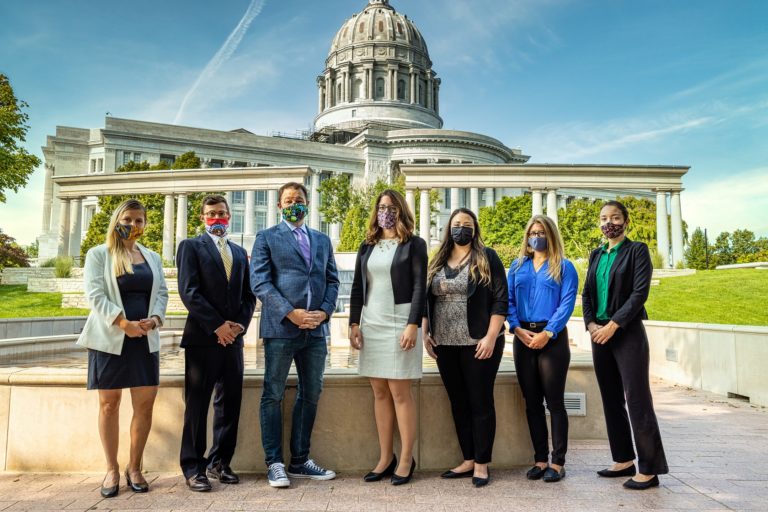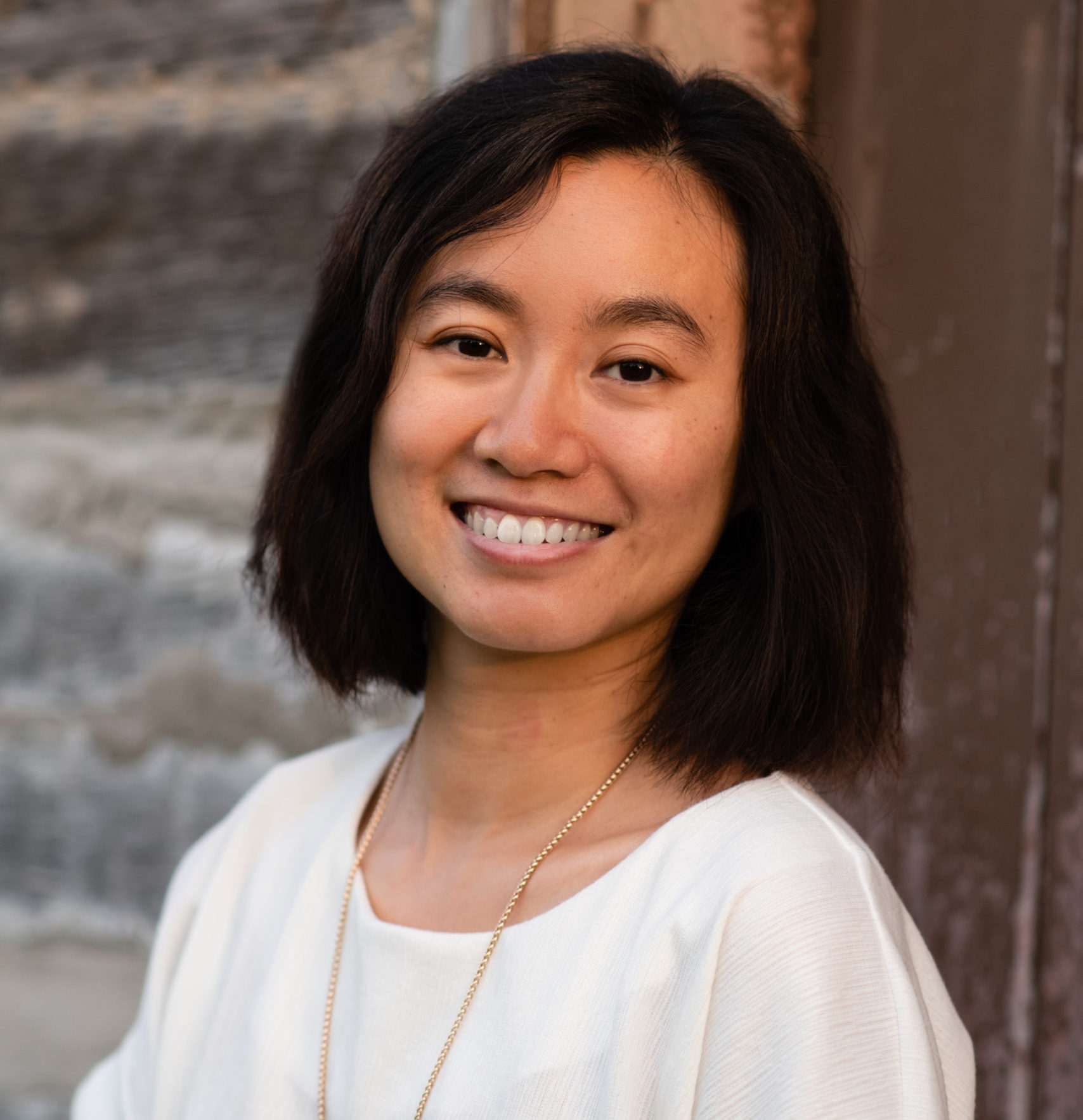
Tell us about yourself.
I am a Ph.D. candidate in developmental psychology at the University of Missouri – Columbia. I work with families and children with a primary focus on early childhood (i.e., zero to 5-year-old). I conduct research related to family relationships and child social emotional development.
What is important to you about engaging with your local government?
My Ph.D. training strictly focuses on research, but I also have a counseling background in clinical mental health, which motivates me to translate developmental science to create real-world change that improves the lives of children. Although COVID-19 is a universal stressor, the situations are much worse for minority and low-income families. The pandemic has exacerbated the healthcare accessibility for these children and parents. Through my engagement with local government and nonprofit organizations, I have found ways to support social justice and multicultural diversity.

Nanxi Xu
What did you do?
I joined the Missouri Local Science Engagement Network (LSEN), which helps to connect scientists to local policy makers. I signed up as a guest writer for Community Science Note, which summarizes the research and policy context surrounding locally important issues. In September 2021, LSEN reached out and asked me if I could write a science note on children’s mental health during in-person schooling amid COVID, and I agreed. I created a 4-page science note which is published on Missouri Science & Technology (MOST) Policy Initiatives website.
What happened then?
After I created the science note, MOST Policy Initiatives held a roundtable discussion for local scientists, school policy makers, and mental health specialists. My science note was shared as part of an outreach campaign to local mayors and city councils to help them gain a better understanding of the policy landscape around education and mental health science considerations in Missouri. The roundtable discussion was recorded and posted on MOST Policy Initiatives website.
What did you get out of this experience?
Through this experience, I was able to learn how to communicate science effectively to a diverse audience with a variety of knowledge levels. MOST Policy Fellows provided tremendous support during my writing. Through working with them, I learned how to craft a science note using objective and nonpartisan language, which is crucial for my own professional development as an emerging scientist.